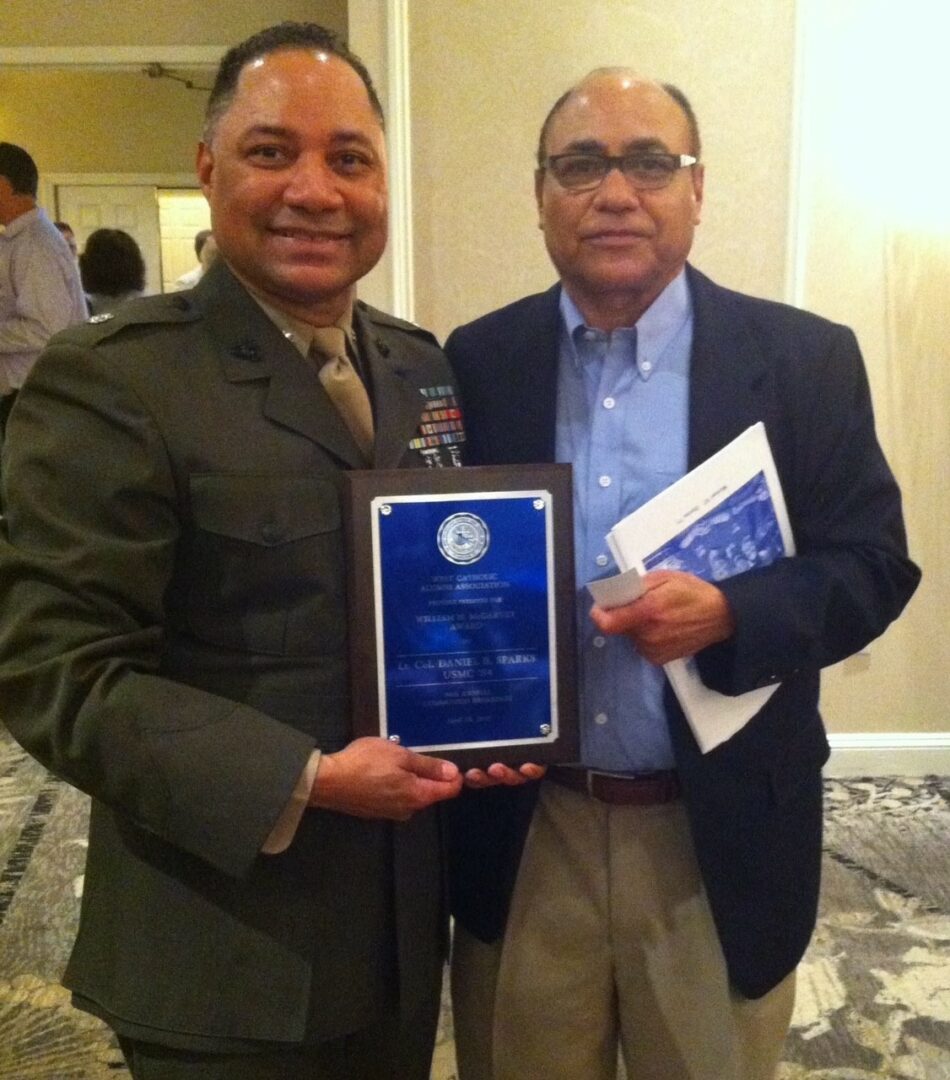I am a Project Manager in the IT Project Management Office at Blue Yonder, but I did not study a STEM subject. In fact, I majored in History at Howard University. Howard was founded in 1867 as a university for freed slaves and was named for Union Major General and Medal of Honor Recipient Oliver Otis Howard. We “Howardites” lovingly refer to our school as “The Mecca” of the 102 Historically Black Colleges and Universities (HBCUs) in the U.S.
HBCUs were established prior to 1964 in an environment of legal segregation. The principal mission of HBCUs is to educate Black Americans by providing access to higher education. Learn more on the U.S. Department of Education website.
I bring up Howard University because one of the notable deans of the School of Liberal Arts was Carter G. Woodson is the father of Black History Month.
Woodson was an American historian and, although born penniless in Virginia, became the second black man (after W.E.B. DuBois) to earn a PhD. from Harvard University. He founded the Association for the Study of Negro Life and History (today called the Association for the Study of African American Life and History)after being barred from attending American Historical Association conferences despite being a dues-paying member. Woodson believed that the white-dominated historical profession had little interest in Black history, and he saw African-American contributions «overlooked, ignored, and even suppressed by the writers of history textbooks and the teachers who use them.»
According to Britannica, “In 1924 Woodson mobilized his college fraternity, Omega Psi Phi, to introduce Negro History and Literature Week to recognize Black achievements.” He chose the month of February because of the birth dates of two men important to Black History: the Abolitionist Frederick Douglass (born Feb. 14) and President Abraham Lincoln (born Feb. 12). In 1976, more than two decades after Woodson’s death, President Gerald Ford called on Americans to recognize and celebrate Black History Month.
My father also attended Howard University, and, like me, was not a STEM major either. Despite that, he had a long and illustrious career in Information Technology as Comptroller and Head of Operations at Commodore Computers. He retired as the SVP & CFO at Amkor Technology, a semiconductor product packaging and test services provider headquartered in Tempe, Arizona. And, my son Dylan is a Computer Science major at Davidson College, and upon graduation in May he will be commissioned a Second Lieutenant in the US Army Signal Corps.

I mention myself and my dad as examples of the critical role that HBCU’s play in selecting, educating, and training Black students for success in the global economy. More than 50% of the nation’s African American public-school teachers and 70% of African American dentists and physicians earned degrees at HBCUs.
Woodson saw the importance of the HBCU’s as the preeminent venue for the research and study into the tangible contributions that African Americans have made to the U.S. Woodson died at the age of 74 in 1950, but his vision lives on when every February when schools across the nation study Black American history, and cities, corporations and sport leagues celebrate Black History Month. All of this recognition serves to empower Black Americans and educates others on the tangible achievements of Black Americans.

